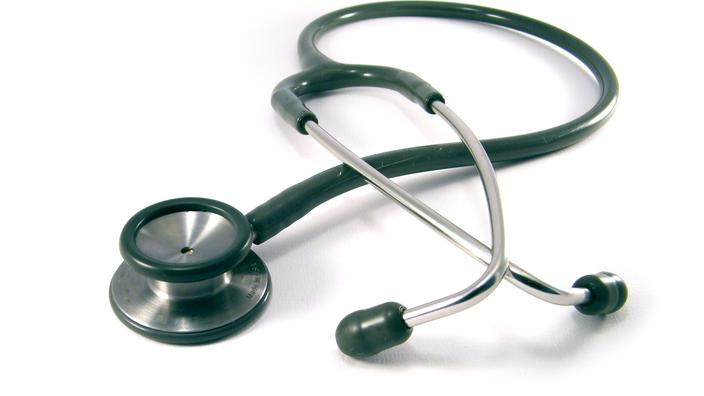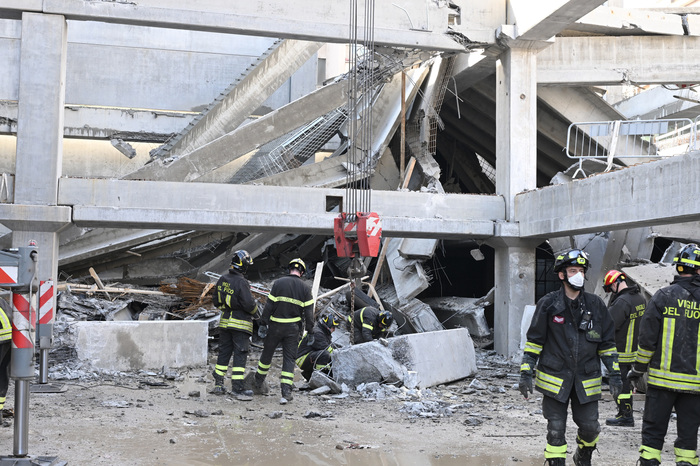A bill to strengthen prevention in occupational health, a poor relation of public policies returned to the spotlight with the Covid-19, will be examined from Monday at first reading by the National Assembly.
This is the first time that a parliamentary initiative has tackled the translation of a national interprofessional agreement (ANI) on the subject, the first of its kind too, validated on December 10 by the social partners with a view to reform postponed for years.
Read also: Health at work: social partners take the turn of prevention
Adopted this week in the Social Affairs Committee, the bill aims to "
decompartmentalise public health and occupational health
" to "
respond to contemporary and future issues
" in this area, according to LREM deputy Charlotte Parmentier-Lecocq, author and PPL rapporteur with Carole Grandjean (LREM).
France, which devotes only "
3% of AT / MP contributions (work accidents / occupational diseases) to the assessment of occupational risks, against 10% for Germany
", must "
catch up
", according to Carole Grandjean .
A
"base offer"
To this end, both the bill and the ANI provide for a “
base offer
” which is supposed to be more accessible to occupational health services (OHS), which become prevention and occupational health services (SPST).
They are focused on three missions: "
Prevention, medical monitoring and prevention of professional withdrawal
", that is to say the retention in employment of employees who have been affected by health problems.
"
Following the March containment and the closure of certain occupational health services, there is real concern about their activity during the Covid period, and this shows how extremely important the subject is
," said Carole Grandjean to the AFP.
Screening, vaccination
While the government intends to accelerate the vaccination campaign against Covid-19, the text reaffirms the possibility of vaccination campaigns and screening by the occupational health services, in particular "
against Sars-Cov-2
", which already existed for influenza, with the compulsory consent of the employee.
It also ratifies, on a voluntary basis, the use of general practitioners called "
corresponding practicing physicians
" to alleviate the shortage of occupational physicians.
They are around 5,000 for 18 million employees, according to official data.
Opposition MPs and unions remain “
skeptical
” about this measure, in view of “
medical desertification
”.
They also fear a "
devaluation
" of the profession of occupational physician while the representatives of general practitioners themselves have "
little or no
" been consulted.
Read also: Coronavirus: health and occupational medicine on the front line
The bill also provides for the use of "
nurses in advanced practice
" whose "
status will be upgraded
" and who will work "
under the responsibility of the occupational physician
", an employee protected by the Labor Code.
The integration of physiotherapists in the multidisciplinary teams of the PTSD is also recorded.
Shared medical data
Another flagship measure: the occupational physician will be able to consult the shared medical file (DMP) with the employee's agreement.
The “
corresponding medical practitioner
”, the text of which provides for specific training in occupational health, may for his part consult the employee's occupational health medical file (DMST), included in the DMP.
A “
liaison meeting
” between the employer and the employee on sick leave following an accident or illness is also scheduled before the “
pre-return visit
”.
It should make it possible to "
inform
" about the conditions of a return to work but makes certain opposition deputies fear "
pressure
" that the employer could exert on this occasion on the employee.
To read also: Shared medical file: "The objective is to improve care"
During the debates in committee, opposition deputies regretted a "
daring
"
bill
making "
reference to the governance of health services without addressing the issue of means
" (PS) or "
funding
" of the professional units envisaged. to fight against professional exclusion (LR).
They said their "
bitterness
" in the face of a text which "
never attacks the causes
" (LFI) and recalled that "
the five-year term (had) started with a frontal attack with the abolition of the CHSCT (hygiene committee , safety and working conditions)
”in companies, regretting a bill“
stuck in a small area
”(PCF).
For Libertés et Territoires, which insists on "
respect for the consent
" of all employees, "
the health crisis has highlighted the dysfunctions
" of health at work with doctors and services "
not up to
" the situation.















